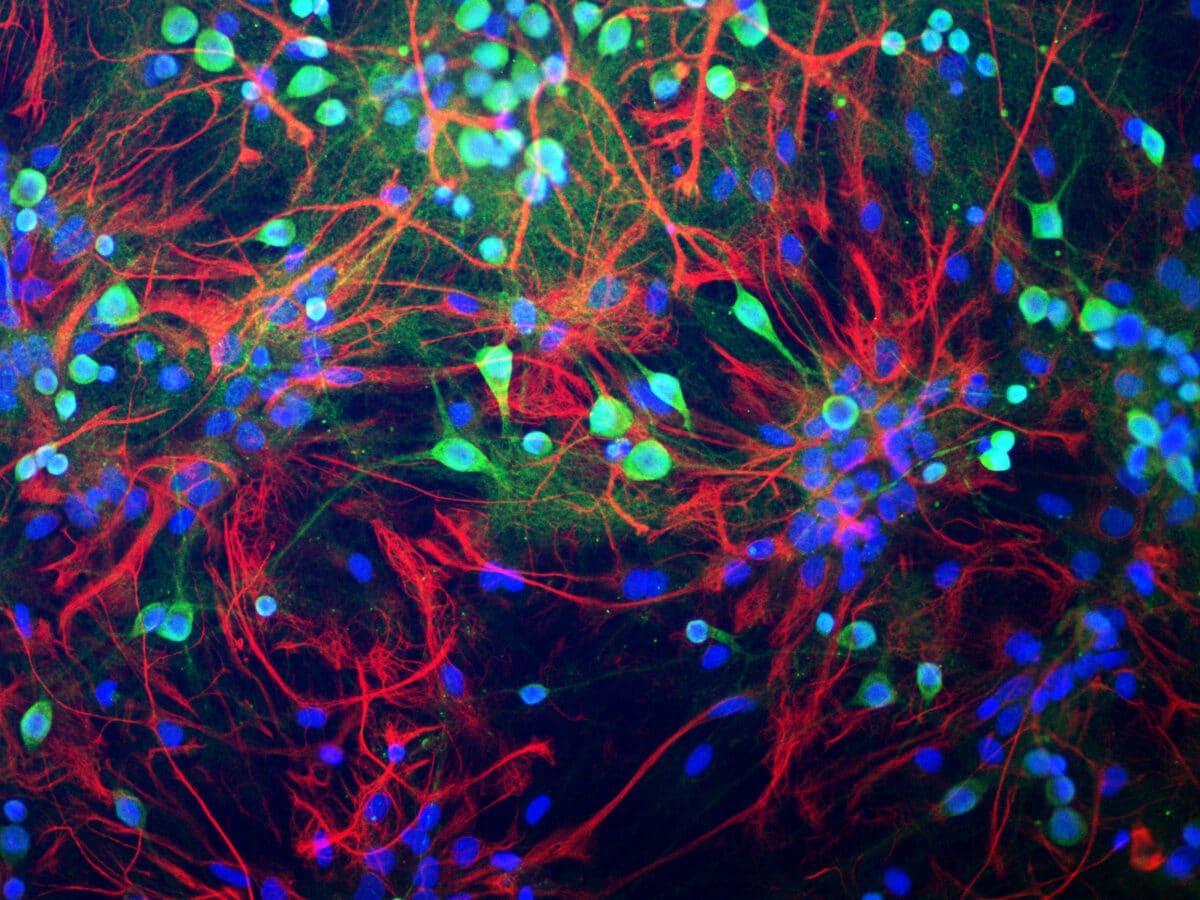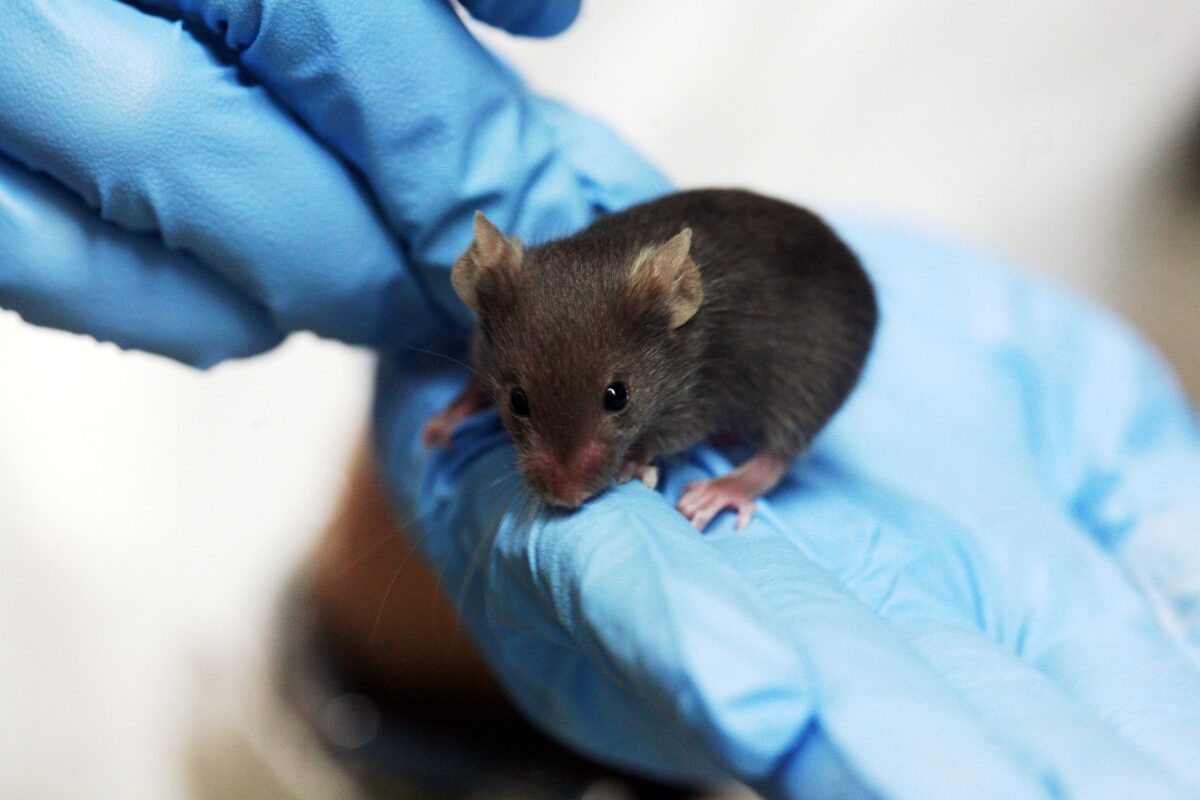
memories


Debating the Legacy of Neuroscientist Wilder Penfield

What Does Your Brain Do? And What Can It Not Do?

Sleeping Mice Show How the Brain Lays Down Memories

Memories Are Not “Stored” in the Brain; Here’s Why

Are Memories “Stored” in the Brain?

At the Altar of that Hideous Strength

Why Building Animals Is Hard






































